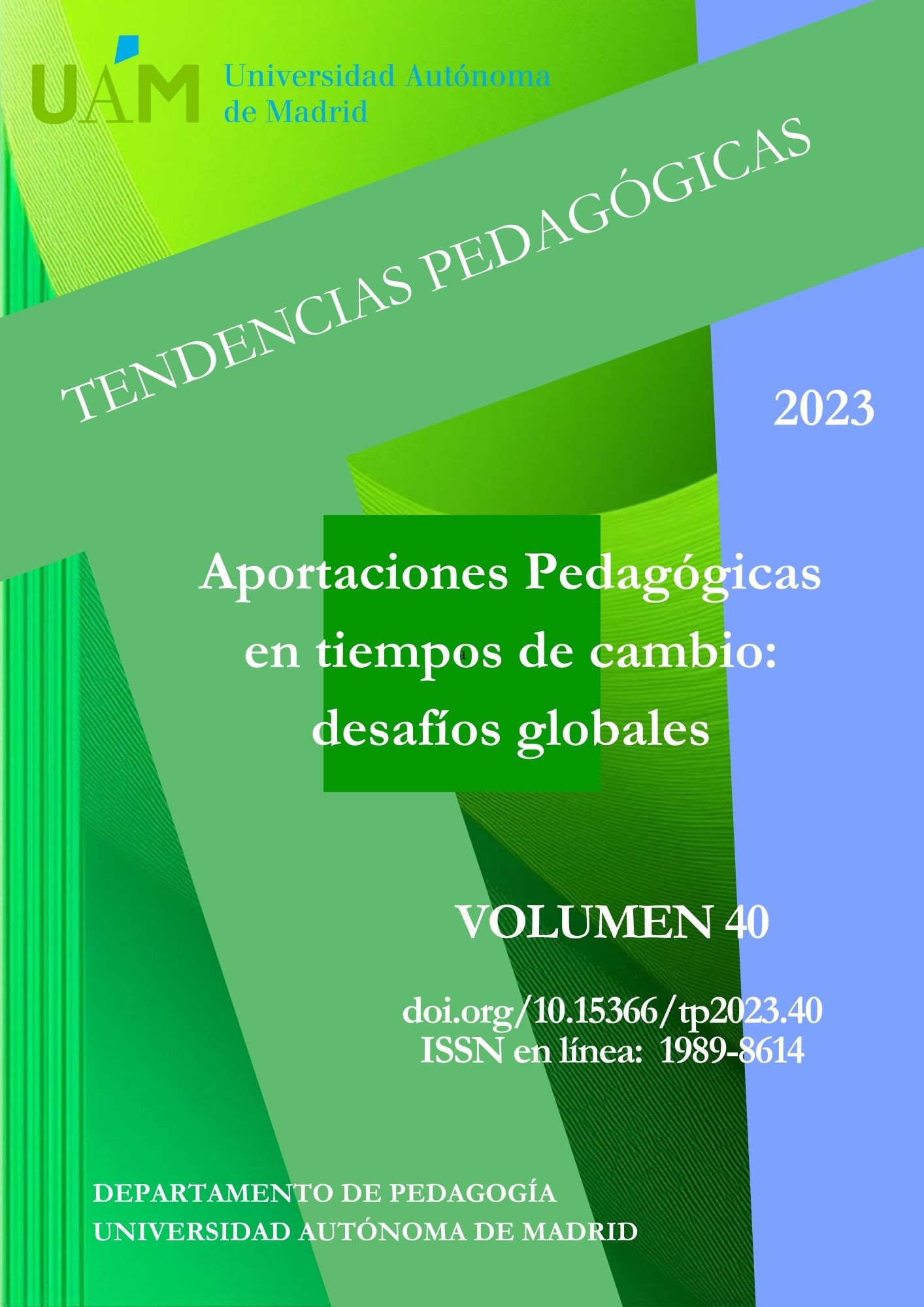Methodological strategy for the curricular emergency caused by the COVID-19 pandemic (Faculty of Geography, University of Havana)
Keywords:
COVID-19, higher education, educational strategies, distance education, action researchCopyright (c) 2025 Pedro Alvarez Cruz, Vivian Oviedo Álvarez, Nancy de las Mercedes Pérez Rodríguez

This work is licensed under a Creative Commons Attribution-NonCommercial 4.0 International License.
Abstract
The objective of this article is to present a synthesis of the methodological strategy adopted by the Faculty of Geography, at the University of Havana, in the face of the curricular emergency caused by the COVID-19 pandemic as a contribution and expression of experiences in the search for solutions to the problems caused to the educational process during this situation. The methodological strategy designed was based on an action-research methodology, in which methods and techniques were used, such as: field observation, survey to teachers and students, documentary analysis, discussion group and methodological triangulation. This unfinished study, due to the dynamics of the health situation in the country, shows the action plan implemented during the school years 2020 and 2021, as well as the actions implemented in the transition to the so-called "normality". The quantitative and qualitative assessment of the conceived methodological strategy reveals the need to urgently address the possession of technological means for the transmission-appropriation of content; the costs of connectivity; the preparation for the use of educational platforms; the effectiveness of independent study; among other problems that conspire against the comprehensive professional training of the student in educational circumstances of curricular emergency.
Downloads
References
Álvarez de Zayas, CM (2001) El diseño curricular. La Habana. Editorial Pueblo y Educación.
Álvarez Marinelli, H., Arias Ortiz, E., Bergamaschi, A., López Sánchez, Á., Noli, A., Ortiz Guerrero, M., Pérez Alfaro, M., Rieble-Aubourg, S., Rivera, M. C., Scannone, R., Vásquez, M., y Viteri, A. (2020). La educación en tiempos del coronavirus: Los sistemas educativos de América Latina y el Caribe ante COVID-19. Inter-American Development Bank. https://doi.org/10.18235/0002337
Banco Mundial. Educación. (2020). COVID-19: Impacto en la educación y respuestas de política pública. Banco Mundial.
Barrón-Tirado, C., Padilla-Magaña, R. A., Martínez-González de la Vega, M. E., Pérez-Durán, M., León-Martínez, J., Arroyo-Mendoza, R., …y Dichi-Romero, S. (2020). Propuesta de un modelo híbrido para la UNAM. Universidad Nacional Autónoma de México (UNAM).
Benítez, F., Hernández, D. N., y Pichs, B. (2009). La Univesalización de la Educación Superior en Cuba. Forjando una sociedad del conocimiento sustentable. En O. Ginoris, Fundamentos didácticos de la educación superior cubana. Selección de lecturas (pp.244-251). Editorial Félix Varela.
Bernal Torres, C. A. (2010). Metodología de la Investigación: Administración, economía, humanidades y ciencias sociales. México. Prentice- Hall, Pearson.
Carpintero, E., González, C., Fermoso, P., y Sánchez, A. (2002). Glosario. En J. A. Beltrán, Las ciencias de la educación. Glosario. Enciclopedia de Pedagogía 1017-1088. ESPASA CALPE, S. A.
CEPAL y UNESCO. (2021). La educación en tiempos de la pandemia de COVID-19. En F. Carolina, La educación superior en Iberoamérica en tiempos de pandemia. Impacto y respuestas docentes (pp. 39-74). Fundación Carolina.
Fernández, U., Gewerc, A., y Llamas, M. (2020). El profesorado universitario de Galicia y la enseñanza remota de emergencia: condiciones y contradicciones. Campus Virtuales, 9(2), 9-24.
Müller, A. M., Goh, C., Lim, L. Z., y Gao, X. (2021). COVID-19 Emergency eLearning and Beyond: Experiences and Perspectives of University Educators. Education Sciences, 11(1), 19. https://doi.org/10.3390/educsci11010019
Pedró, F. (2020). Covid-19 y educación superior: crisis y ventanas de oportunidad. En I. Dussel, y D. Pulfer, Pensar la educación en tiempos de pandemia II: experiencias y problemáticas en Iberoamérica (pp. 73-86). UNIPE: Editorial Universitaria.
Pedró, F. (2021). COVID-19 y educación superior en América Latina y el Caribe: efectos, impactos y recomendaciones políticas. En F. Carolina, La educación superior en Iberoamérica en tiempos de pandemia. Impacto y respuestas docentes (pp.23-38). Fundación Carolina. Doi: 10.33960/AC_36.2020
Rama, C. (2021). La nueva educación híbrida (Primera edición). Unión de Universidades de América.
Rappoport Redondo, S. I., Rodríguez Tablado, M. S., y Bressanello, M. (2021). Enseñar en tiempos de covid-19. Una guía teórico-práctica para docentes de primera infancia. UNESCO-Oficina de Montevideo. http://hdl.handle.net/10486/713375
Umaña-Mata, A. C. (2020). Educación Superior en Tiempos de COVID-19: Oportunidades y retos de la educación a distancia. Innovaciones Educativas, 22(Especial), 36-49. https://doi.org/10.22458/ie.v22iEspecial.3199
Yee Seuret, M., y Miranda Justiniani, A. (2006). Cuba: la educación a distancia en la universidad de la habana. RIED-Revista Iberoamericana de Educación a Distancia, 9 (1-2), 185-213. doi: https://doi.org/10.5944/ried.1.9.1035

